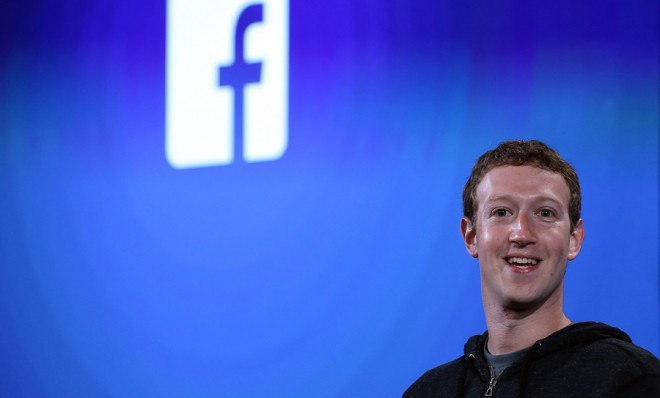Entrepreneurs are likely to be privileged white males who smoked pot
A lot of cash and a dash of rebelliousness go a long way

A free daily email with the biggest news stories of the day – and the best features from TheWeek.com
You are now subscribed
Your newsletter sign-up was successful
It turns out the rags-to-riches story of the American entrepreneur might be the exception, not the rule, according to a new study.
The paper, published by the National Bureau of Economic Research, looks at self-employed entrepreneurs who had formed incorporated LLCs, which are partnerships a step below a formal business.
What they found was that 84 percent of those entrepreneurs were white. The number who were men: 72 percent. The study also found that many went to top-notch schools and came from wealthy backgrounds; a $100,000 increase in family income translated to a 60 percent greater chance that someone would create an incorporated LLC.
The Week
Escape your echo chamber. Get the facts behind the news, plus analysis from multiple perspectives.

Sign up for The Week's Free Newsletters
From our morning news briefing to a weekly Good News Newsletter, get the best of The Week delivered directly to your inbox.
From our morning news briefing to a weekly Good News Newsletter, get the best of The Week delivered directly to your inbox.
That means that Facebook CEO Mark Zuckerberg — a white male who attended Exeter Phillips Academy, one of the country's most exclusive and expensive secondary schools — looks like your typical entrepreneur.
Of course, not everyone is smart and motivated enough to create the next Facebook. Still, the "demographic characteristics of entrepreneurs — the whiteness, the maleness, the moneyed backgrounds — should be cause for concern, since those benefits tend to be self-perpetuating," according to The Washington Post's Lydia DePillis.
The study also found that kids who broke the rules — e.g. smoking pot, drinking, etc. — were more likely to become entrepreneurs, provided they tested highly on an intelligence test and were not so rebellious that they ended up in jail.
That finding was backed by another study published by the Journal of Vocational Behavior, which found a link between rule-breaking during adolescence and entrepreneurship later on in life. The study, reports Bloomberg, noted that "modest misconduct" was what led to future entrepreneurs, not criminal behavior.
A free daily email with the biggest news stories of the day – and the best features from TheWeek.com
Those findings jibe with this quote by Apple co-founder Steve Wozniak: "I think that misbehavior is very strongly correlated with and responsible for creative thought."
That might seem encouraging, except that "poorer non-whites who smoke pot and get arrested are more likely to end up in jail, which makes it hard to dream up new business ventures," notes DePillis.
Risk-taking also might not give women much of an advantage, argues BuzzFeed's Anna North.
"Some have argued that boys' risk-taking needs to be fostered more at school, and maybe it does, but it’s also true that as they get older, men's aggression is rewarded much more than women's is," writes North. "Women who are aggressive or competitive at work may be seen as less than feminine and be penalized for that — they likely face similar problems when trying to, say, convince venture capitalists to fund their new companies."
Keith Wagstaff is a staff writer at TheWeek.com covering politics and current events. He has previously written for such publications as TIME, Details, VICE, and the Village Voice.